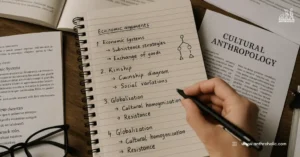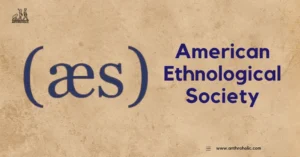AI Answer Evaluation Platform Live Now. Try Free Answer Evaluation Now

Structuring Arguments in Cultural Anthropology Papers
Learn how to structure clear and persuasive arguments in cultural anthropology papers. Discover tips on thesis building, evidence use, and balancing theory with data.










